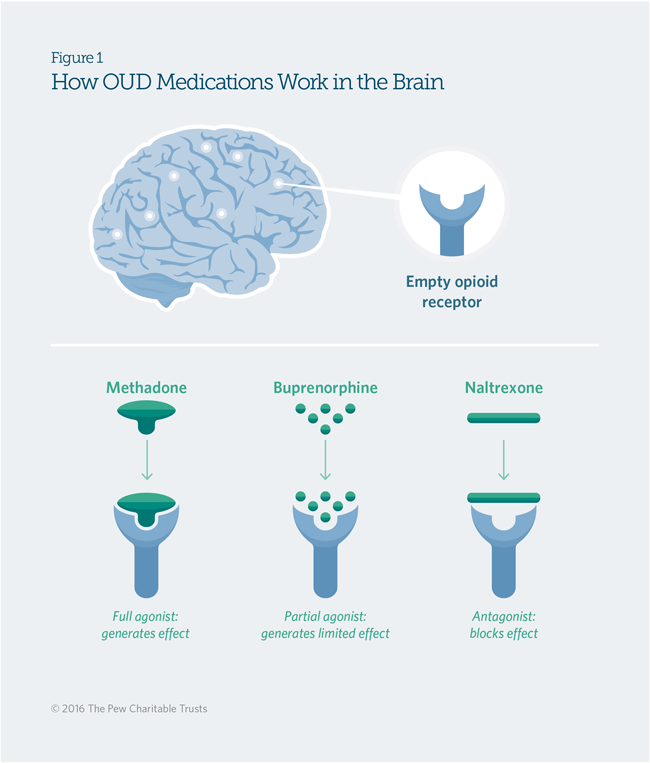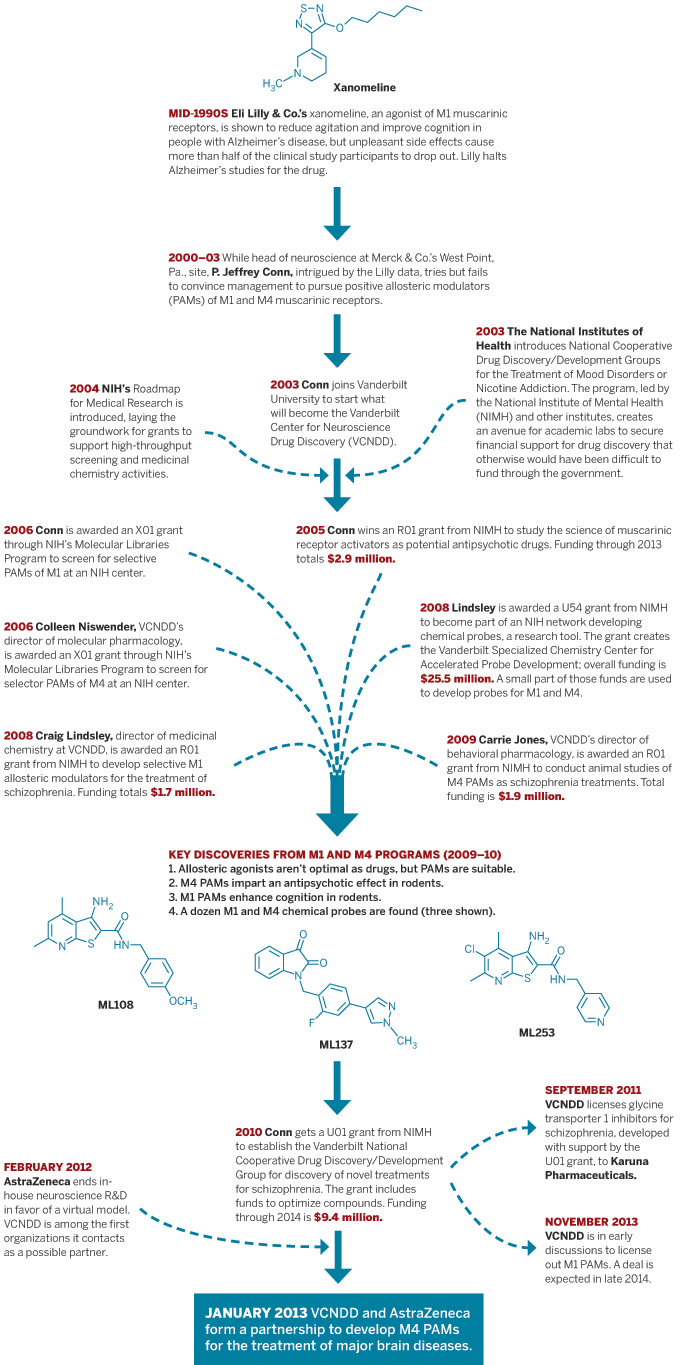Discover the truth about drug rehabilitation and get the responses to the greatest myths, including: Is treatment only for the abundant and famous?Does an individual need to hit "rock bottom" before getting help?Can individuals get sober on their own?.
KEEP IN MIND: This reality sheet discusses research study findings on reliable treatment techniques for substance abuse and dependency. If you're looking for treatment, you can call the Substance Abuse and Mental Health Providers Administration's (SAMHSA's) National Helpline at 1-800-662-HELP (1-800-662-4357) or go to https://findtreatment.gov/ for info on hotlines, counseling services, or treatment options in your state.
These changes in the brain can cause the hazardous behaviors seen in individuals who utilize drugs. Drug addiction is also a relapsing disease. Regression is the go back to substance abuse after an attempt to stop. The path to drug dependency starts with the voluntary act of taking drugs. But gradually, an individual's capability to choose not to do so becomes jeopardized.
This is mainly due to the impacts of long-term drug exposure on brain function. Addiction affects parts of the brain associated with benefit and inspiration, discovering and memory, and control over habits. Addiction is a disease that impacts both the brain and habits. Yes, but it's not easy. Because addiction is a chronic disease, individuals can't just stop using drugs for a couple of days and be treated.
Some Known Questions About Examples Of How The Stigma Srrounding Addiction Can Impacts A Clients Treatment.
Dependency treatment must assist the individual do the following: stop using drugs remain drug-free be productive in the household, at work, and in society Based upon clinical research study considering that the mid-1970s, the following essential concepts need to form the basis of any reliable treatment program: Addiction is a complex however treatable illness that impacts brain function and behavior.
People need to have quick access to treatment. Effective treatment addresses all of the patient's requirements, not simply his/her drug use. Remaining in treatment long enough is crucial - who needs physician speakers needed to discuss addiction treatment. Therapy and other behavior modifications are the most typically secondhand types of treatment. Medications are typically a vital part of treatment, specifically when integrated with behavior modifications.

Treatment ought to attend to other possible mental illness. Clinically assisted detoxification is just the very first stage of treatment. Treatment doesn't need to be voluntary to be efficient. Drug usage during treatment need to be monitored continuously. Treatment programs must test patients for HIV/AIDS, liver disease B and C, tuberculosis, and other contagious illness in addition to teach them about actions they can require to minimize their risk of these diseases.
Treatment needs to include both medical and mental health services as required. Follow-up care may include neighborhood- or family-based healing support systems. Medications and gadgets can be used to handle withdrawal symptoms, avoid relapse, and treat co-occurring conditions. Medications and devices can help reduce withdrawal symptoms throughout detoxification. Detoxification is not in itself "treatment," but only the primary step in the procedure.
See This Report about Places Where Addiction Gamblers Who Have Received Treatment Can Receive Help Near Me
One study of treatment facilities found that medications were used in almost 80 percent of cleansings (SAMHSA, 2014). In November 2017, the Fda (FDA) approved a new sign to an electronic stimulation gadget, NSS-2 Bridge, for use in helping in reducing opioid withdrawal signs. This device is put behind the ear and sends out electrical pulses to stimulate particular brain nerves.

Patients can utilize medications to help re-establish normal brain function and decrease cravings. Medications are available for treatment of opioid (heroin, prescription pain relievers), tobacco (nicotine), and alcohol dependency. Scientists are establishing other medications to treat stimulant (cocaine, methamphetamine) and marijuana (marijuana) dependency. Individuals who utilize more than one drug, which is extremely common, need treatment for all of the substances they use.
Performing on the exact same targets in the brain as heroin and morphine, methadone and buprenorphine reduce withdrawal symptoms and ease cravings. Naltrexone blocks the effects of opioids at their receptor websites in the brain and must be used only in clients who have already been cleansed. All medications assist clients reduce drug seeking and related criminal behavior and help them become more available to behavioral treatments.
Because complete detoxification is necessary for treatment with naloxone, starting treatment among active users was hard, once detoxing was total, both medications had similar effectiveness. Nicotine replacement therapies have several kinds, including the spot, spray, gum, and lozenges. These items are readily available over-the-counter. The U.S. Fda (FDA) has actually approved 2 prescription medications for nicotine dependency: bupropion (Zyban) and varenicline (Chantix).
3 Easy Facts About What Is Cultural Competence And How Does It Impact On Addiction Treatment? Explained
The medications are more reliable when combined with behavioral treatments, such as group and individual treatment in addition to telephone quitlines. Three medications have actually been FDA-approved for treating alcoholism and a 4th, topiramate, has actually shown guarantee in clinical trials (massive research studies with people). The 3 authorized medications are as follows: blocks opioid receptors that are associated with the satisfying effects of drinking and in the yearning for alcohol.
Hereditary distinctions may affect how well the drug works in certain patients. may decrease signs of long-lasting withdrawal, such as sleeping disorders, stress and anxiety, restlessness, and dysphoria (typically feeling weak or unhappy). It might be more efficient in clients with extreme dependency. disrupts the breakdown of alcohol. Acetaldehyde constructs up in the body, leading to unpleasant reactions that consist of flushing (warmth and redness in the face), queasiness, and irregular heartbeat if the patient beverages alcohol.
Other medications are available to treat possible mental health conditions, such as depression or stress and anxiety, that may be adding to the individual's dependency. The best treatment programs provide a combination of therapies and other services to satisfy the requirements of the specific client. Behavior modifications help patients: modify their mindsets and habits connected to drug usage increase healthy life abilities persist with other types of treatment, such as medication Patients can receive treatment in many various settings with numerous approaches.
The majority of the programs include specific or group drug therapy, or both. These Drug and Alcohol Treatment Center programs normally offer kinds of behavioral treatment such as: cognitive-behavioral treatment, which helps clients recognize, avoid, and manage the scenarios in which they are most likely to use drugs multidimensional family therapydeveloped for teenagers with substance abuse issues along with their familieswhich addresses a series of impacts on their substance abuse patterns and is designed to improve general family functioning inspirational speaking with, that makes the most of individuals's readiness to alter their habits and enter treatment motivational rewards (contingency management), which utilizes positive reinforcement to encourage abstinence from drugs Treatment is sometimes extensive initially, where patients go to several outpatient sessions weekly.
An Unbiased View of How To Find Free Meth Addiction Treatment Centers In San Diego
In September 2017, the FDA allowed marketing of the very first mobile application, reSET, to assist treat substance usage conditions. This application is planned to be utilized with outpatient treatment to treat alcohol, drug, cannabis, and stimulant substance usage disorders. In December 2018, the FDA cleared a mobile medical application, reSET, to help treat opioid usage disorders.
Read more about reSET in this FDA News Release. can also be very reliable, especially for those with more extreme issues (including co-occurring conditions). Licensed residential treatment centers provide 24-hour structured and extensive care, consisting of safe housing and medical attention. Residential treatment centers may use a range of restorative methods, and they are usually aimed at helping the patient live a drug-free, crime-free lifestyle after treatment.